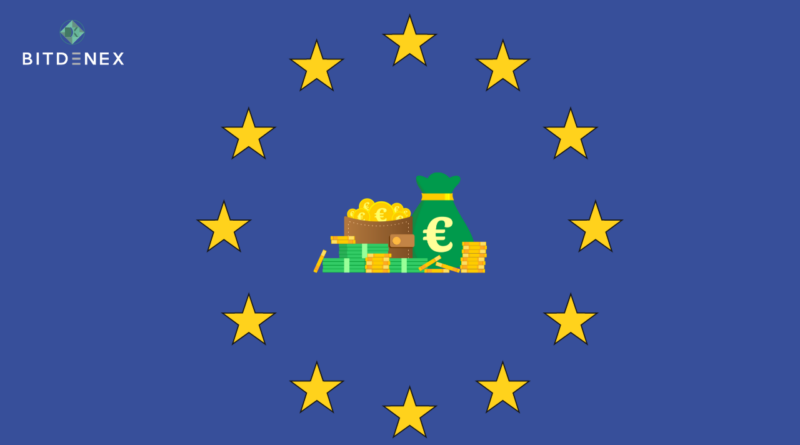ECB official: Digital euro can protect private payment services from a host of ills
Private payment systems could develop a monopoly with little advantage to other market participants or economic stability, according to ECB board member Fabio Panetta.
The European Central Bank (ECB) is pleased with the legislative recommendations for the digital euro made by the European Commission. In a speech to the European Parliament’s Committee on Economic and Monetary Affairs on September 4, ECB executive board member Fabio Panetta stated that the proposals “put Europe at the forefront of advanced economies” in central bank digital currency (CBDC) development, potentially avoiding private dominance of the financial sector and the ills that entails.
On June 28, the European Commission (EC) made its ideas public. Panetta, a cryptocurrency critic, called the EC’s euro CBDC proposals “a new paradigm for preserving monetary sovereignty” that would ensure Europeans always had access to a public payment option, whether cash or digital, even as “closed-loop solutions” in private payment services become more prevalent. Panetta likened private payment systems to private messaging, in which users are pushed to join the most popular networks. The European Commission recommended making the digital euro legal tender, making its acceptance for payment mandatory. Panetta also lauded the European Commission’s privacy plans for the digital euro. “Additionally, the ability to pay offline would provide cash-like privacy, as neither the intermediary nor the central bank would process the payment,” Panetta stated.
The ideas also included fair pricing strategies and empowering the ECB to preserve financial system equilibrium using mechanisms like holding limitations. “Let me emphasize once more that the issuance of a digital euro represents an opportunity, not a risk, for the European financial sector,” Panetta stated.
The alternative to instituting a CBDC is to abandon the status quo. Rather, it is losing momentum to emerging private ideas that could have an influence on the economy, according to Panetta.
He was in possession of PayPal’s newly introduced PayPal USD. Private payment service providers want to increase their market share and have no incentive to limit their service offerings or make them interoperable with other services. As a result, as Panetta noted, a private provider may achieve a dominant position in the market.
The digital euro, on the other hand, “would pay due attention to orderly adjustments in the financial sector while offering payment service providers a platform for innovations with pan-euro area reach,” he explained.
Buy and sell crypto in minutes with 0.20% trading fees at Bitdenex Exchange

